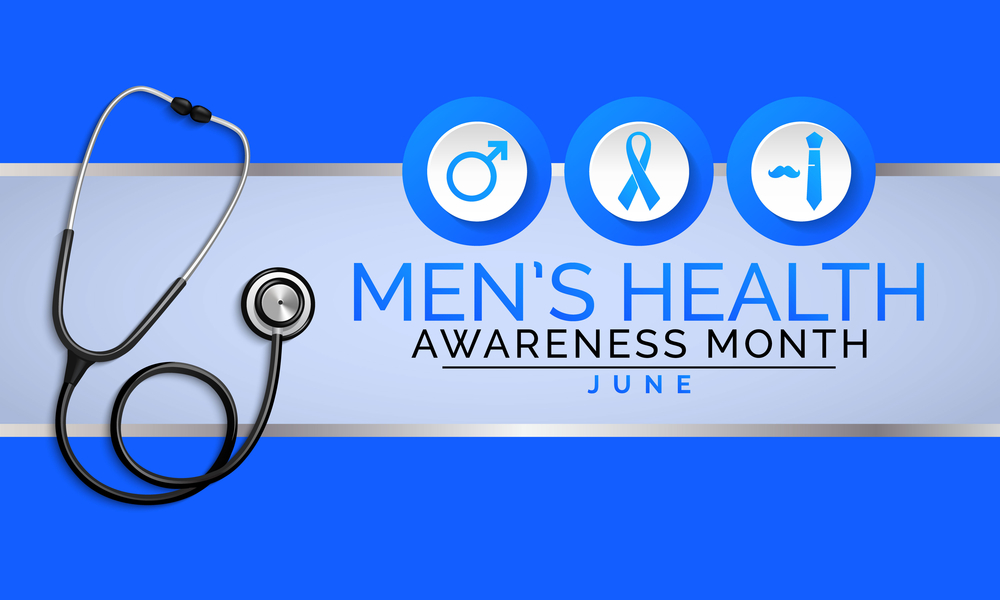Ask the Expert: Why Every Man Should Check in on Health
June is Men’s Health Month, making it a great time to talk about how to help men care for their physical and mental wellbeing. We spoke with Ankit Garg, MD, Vice President of Medical Affairs at Univera Healthcare.

Ankit Gang, MD, Vice President Medical Affairs, Univera Healthcare
Q. Dr. Garg, why do so many men skip regular health checks?
A. Many men think that if they are young, trim, or feeling healthy, they don’t need to visit the doctor or have preventive health screenings. This is simply not true. For all people, the risk of developing many health issues increases with age, but both younger and older men need to check on their health.
Diseases such as heart disease, high blood pressure, colon cancer, and cancer of the prostate often have no symptoms. This makes annual physicals or wellness checks important for men, even if they feel fine. Routine visits with a primary care provider can help identify health issues before they become a bigger concer
Q. What can you tell us about men and mental health?
A. Sadly, many men resist seeing help for mental health issues and are hesitant to talk about their feelings. For example, men are less likely to come forward after abuse or trauma. They may repress childhood trauma, sexual or physical abuse, or racism. An article in Medical News Today reports that depression or loneliness can show up in men as anger, aggression, or irritability, versus appearing as a low mood or sadness. Or, men may feel physically tired, have a racing heart, digestive issues, or headaches. Family or friends often are the first to notice signs of depression in men.
My advice to men is to speak with their primary care doctor. If they are not feeling or acting themselves, this is an important first step. This also goes for their partners or other loved ones. If they are noticing changes in a family member or friend, to guide them to talk to someone.
Q. We know sleep is important to good health. Is it true men are more likely to have difficulty sleeping?
A. The National Institute of Mental Health reports men are more likely to have difficulty sleeping than women. Poor sleep over time can contribute to more serious medical concerns and take a toll on mental health.
One health issue that affects men more than women is sleep apnea. According to John Hopkins Medicine, when you have sleep apnea, your breathing stops for short periods or becomes shallow when you sleep. Most people don’t even know they have it. Often, a sleep partner or spouse may notice pauses in breathing, loud or frequent snoring, or gasping or choking during sleep. The person with sleep apnea may only notice that they feel tired.
Over time, sleep apnea can put you at risk for heart disease, stroke, diabetes, and high blood pressure. It also has been linked to anxiety. Poor sleep is a risk factor for depression, mood swings, anxiety, and other mental illness.
Q. Do you have additional advice for men when it comes to their health?
A. There are many health issues that affect men more than women, such as high blood pressure and heart disease. And I’m not just talking about middle-aged and older men, but also younger men. All men need to check on their health by scheduling a routine health check with their primary care physician each year. These check-ups can help catch smaller health issues before they become big ones. When caught early, many health issues can be managed with diet and other lifestyle changes, versus medication or surgery.
I also want men to know that according to the National Alliance on Mental Illness, at least one in five people struggles with mental health. If you are among those who do, know that you are not alone, and that it’s okay, and a powerful thing to do, to reach out for help.











